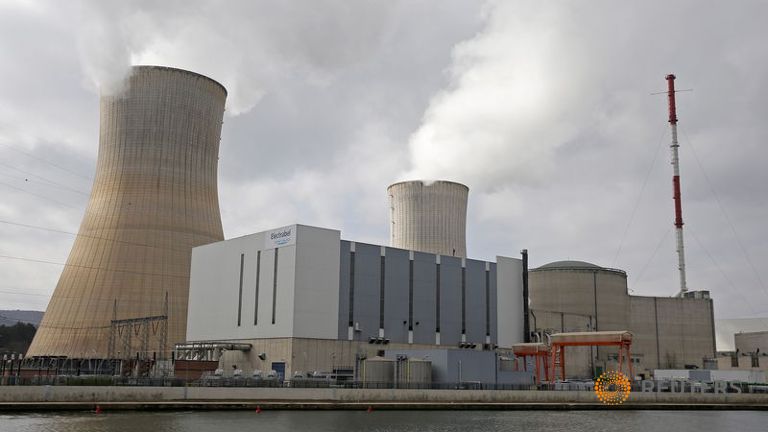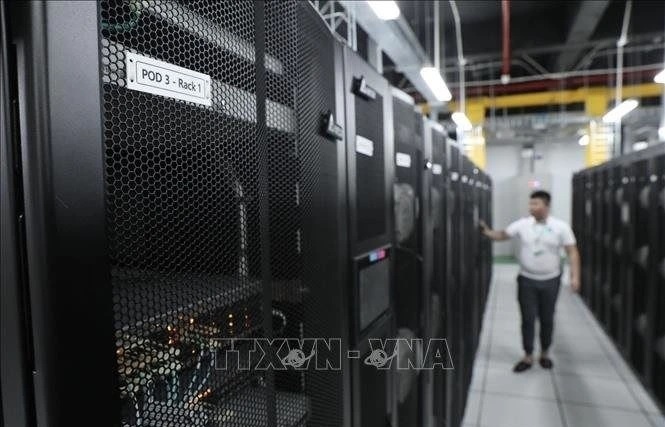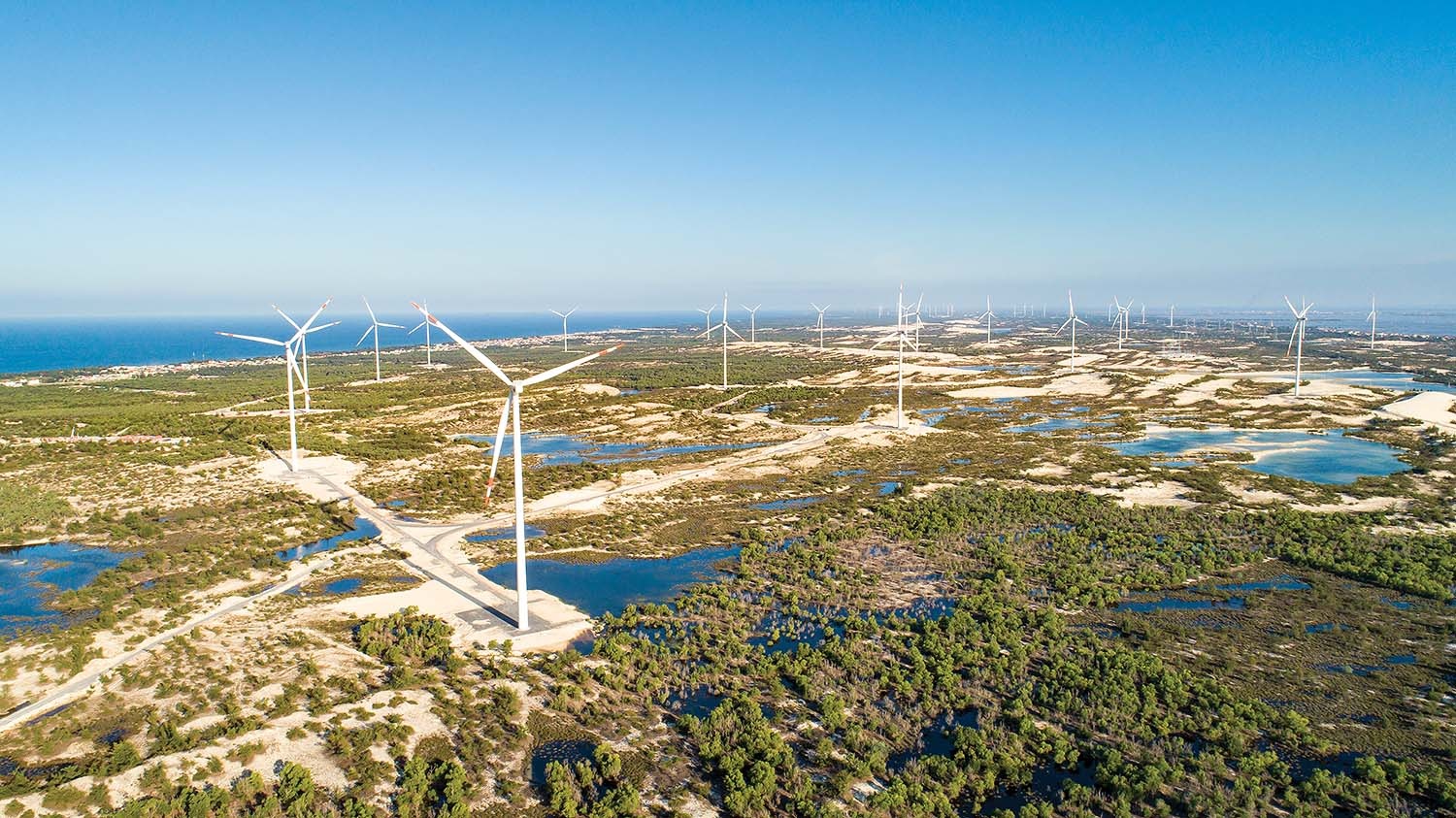All Belgians to get iodine pills in case of nuclear accident: Report
 |
| Steam escapes from the cooling tower of the Tihange nuclear power station, one of the two large-scale nuclear power plants in Belgium, March 26, 2016. Photo source REUTERS/Vincent Kessler |
BRUSSELS: Belgium is to provide iodine pills to its entire population of around 11 million people to protect against radioactivity in case of a nuclear accident, the health minister was quoted as saying Thursday (Apr 28).
The move comes as Belgium faces growing pressure from neighbouring Germany to shutter two ageing nuclear power plants near their border due to concerns over their safety.
Iodine pills, which help reduce radiation build-up in the human thyroid gland, had previously only been given to people living within 20 kilometres (14 miles) of the Tihange and Doel nuclear plants.
Health Minister Maggie De Block was quoted by La Libre Belgique newspaper as telling parliament that the range had now been expanded to 100 kilometres, effectively covering the whole country.
The health ministry did not immediately respond to AFP when asked to comment.
The head of Belgium's French-speaking Green party, Jean-Marc Nollet, backed the measures but added that "just because everyone will get these pills doesn't mean there is no longer any nuclear risk," La Libre reported.
Belgium's creaking nuclear plants have been causing safety concerns for some time after a series of problems ranging from leaks to cracks and an unsolved sabotage incident. Last week Germany asked that the 40-year-old Tihange 2 and Doel 3 reactors be turned off "until the resolution of outstanding security issues".
The reactor pressure vessels at both sites have shown signs of metal degradation, raising fears about their safety. They were temporarily closed but resumed service last December.
Belgium's official nuclear safety agency (AFCN) rejected the German request, saying the two plants "respond to the strictest possible safety requirements."
What the stars mean:
★ Poor ★ ★ Promising ★★★ Good ★★★★ Very good ★★★★★ Exceptional
Latest News
More News
- Thailand seeks to promote digital training (November 04, 2024 | 16:14)
- Indonesia attracts foreign investment in technology sector (November 04, 2024 | 16:08)
- Tropical storm Trami leaves at least 24 people dead in Philippines (October 24, 2024 | 17:36)
- Singapore grants conditional approval for solar power import from Australia (October 24, 2024 | 17:27)
- ASEAN digital economy set to reach $2 trillion by 2030 (October 22, 2024 | 15:08)
- Thailand asks Laos to waive visa fee at border checkpoints to boost tourism (October 21, 2024 | 17:23)
- Laos pledges to continue efforts to empower girls (October 21, 2024 | 17:17)
- Chinese electric vehicle maker to build plant in Indonesia (October 21, 2024 | 17:12)
- Vietnam Elevator Association introduces Elevator Safety Application to the world (October 18, 2024 | 09:00)
- A taste of the future - the go-to spot at the Worldchefs Congress & Expo 2024 (October 15, 2024 | 16:11)




















 Mobile Version
Mobile Version